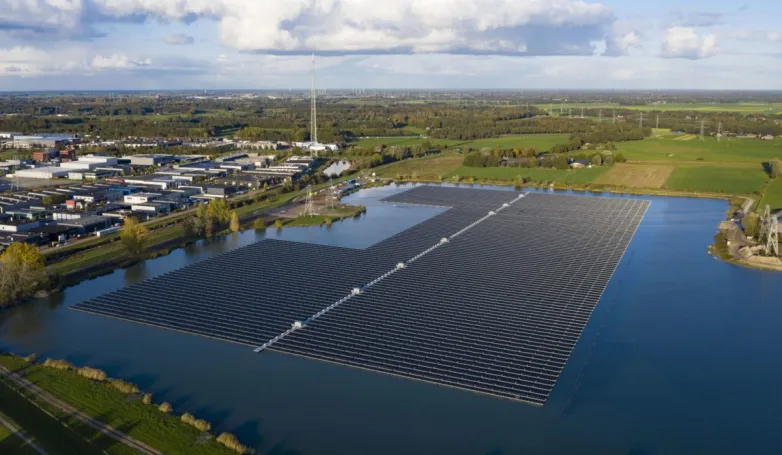Executing requirements in floating PV
- Norwegian consultancy DNV GL has actually united large power players, floating PV professionals and also project developers right into a consortium that will aim to specify suggested methods for the floating solar organisation. Amongst the 14 participants are some large gamers in the field including EDP, EDF as well as Equinor, along with French floating modern technology service provider Ciel & Terre.

Norway-based working as a consultant DNV GL has actually created a new consortium focused on defining criteria and also recommended practices for the floating PV organisation.
The Floating Solar joint sector job (JIP) consortium consists of large European power companies such as Portugal's EDP, France's EDF and Norway's Equinor, in addition to German project developer BayWa r.e, Engie system Compagnie Nationale du Rhône, UK-based independent power producer Mainstream Renewable Power as well as Norwegian solar developer Scatec Solar, among others. It likewise includes French floating PV specialist Ciel & Terre and Sweden's mooring as well as anchoring system carrier Seaflex.
The project will certainly be related to floating solar jobs both inland and also on coastal waters and also will generally concentrate on website problems assessment, energy yield projecting, mooring and anchoring systems, floating frameworks, permitting and also ecological influences. "By not restricting itself to any kind of certain floating solar modern technology, the consortium aims to define requirements as well as standards that can be applied in an useful fashion to all floating solar jobs," DNV GL explained.
A draft record with the initial referrals ought to be created by the end of this year, while a final variation with validated techniques need to be released in the first quarter of 2021.
This is not the very first effort of specifying finest method for the floating PV section. In November, the Solar Energy Research Institute of Singapore (SERIS) released the Floating Solar Handbook for Practitioners, a sensible guide for developers of inland and near-shore floating PV tasks. This guide is intended to assist programmers with website recognition; usefulness research studies; money; ecological and social problems; purchase and building; and operations as well as upkeep.
A couple of months previously, the Dutch Foundation for Applied Water Research-- STOWA-- had additionally released guidelines and tools for floating PV plant programmers. This guide supplies referrals for securing authorizations from water authorities, explains problems under which it is permitted to position solar panels on water, and describes the feasible impacts of floating solar on water ecosystems.
Also read

